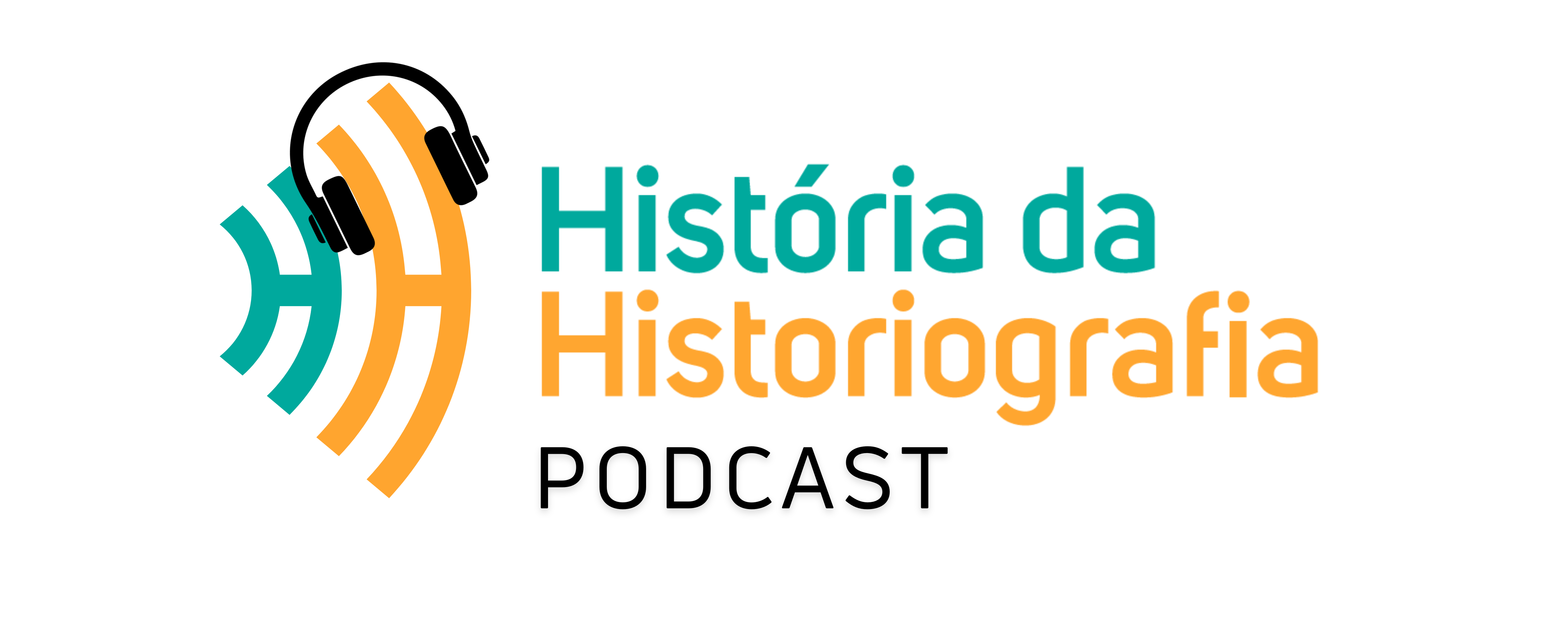La Ecología Política como comunidad de salvación
historizar la vida a través de una Biodicea
DOI:
https://doi.org/10.15848/hh.v16i41.1918Palavras-chave:
Metafórica, Crise ecológica, EscatologiaResumo
En este trabajo, se intenta dar cuenta de la frondosa metafórica cultivada por la Ecología Política en torno a la crisis global que atraviesa a todas las dimensiones de la trama de la vida. Los conceptos de vida y medio ambiente, al ser
historizados, revelan las estructuras por las cuales el ser humano se ha vinculado con el mundo. A partir de una historia intelectual, específicamente vinculada a la metaforología del filósofo alemán Hans Blumenberg, se examinará pues el trasfondo alegórico que subyace detrás de las ontologías ecologistas más radicales. En efecto, estas coinciden con un intento de metarrelato o Biodicea basado en la escenificación de un despliegue temporal escatológico signado por
la catástrofe ambiental como destino irremediable y, al mismo tiempo, una “ecoutopía” en caso de reconfigurarse el ser-en-el-mundo. La Salvación se deposita, entonces, en la comunidad redimida del phatos capitalista funcionando retóricamente tanto como advertencia y esperanza respecto del porvenir.
Downloads
Referências
ADENEY, Thomas Julia; MARK, Williams; ZALASIEWICZ, Jan. The Anthropocene: A Multidisciplinary Approach. Cambridge: Polity, Wiley, 2020.
ALIMONDA, Héctor. Una introducción a la Ecología Política latinoamericana (pasando por la historia ambiental). Buenos Aires: Clacso, 2015.
BERGSON, Henri. La evolución creadora. Barcelona: Planeta, 1985.
BETANCOURT, Fernando. Metaforología, metafórica e inconceptualidad: una perspectiva epistemológica. Historia y Grafía, v. 1, n. 50, 2018.
BLUMENBERG, Hans. La legitimación de la Edad Moderna. Valencia: Pre-textos, 2008.
BLUMENBERG, Hans. Las realidades en que vivimos. Barcelona: Paidós, 1999.
BLUMENBERG, Hans. Naufragio con espectador. Madrid: La balsa de la medusa, 1995.
BLUMENBERG, Hans. Paradigmas para una metaforología. Madrid: Trotta, 2018.
BLUMENBERG, Hans. Teoría del mundo de la vida. Buenos Aires: FCE, 2013.
BLUMENBERG, Hans. Trabajo sobre el mito. Barcelona: Paidós, 2003.
BOULDING, Kenneth. The economics of the coming spaceship earth. En: JARRETT, Henry (ed.). Environmental Quality in a Growing Economy. Baltimore: Resources for the Future; Johns Hopkins University Press, 1966. p. xx-xx.
CANGUILHEM, Georges. Estudios de historia y de filosofía de las ciencias. Madrid: Amorrortu, 2009.
CAPRA, Fritjof. La trama de la vida. Barcelona: Anagrama, 1996.
CAPRA, Fritjof. The Hidden Connections: integrating the biological, cognitive, and social dimensions of life into a science of sustainability. New York: Doubleday; Random House, 2002.
CRUTZEN, Paul; STOERMER, Eeugene. The ‘Anthropocene’. Global Change Newsletter, 41, 2000.
DILTHEY, Wilhelm. Crítica de la razón histórica. Barcelona: Península, 1983.
FOUCAULT, Michel, Las palabras y las cosas: una arqueología de las ciencias humanas. Buenos Aires: Siglo XXI, 2014.
GIRALDO, Omar; TORO, Ingrid. Afectividad ambiental: sensibilidad, empatía, estéticas del habitar. Chetumal: El Colegio de la Frontera Sur, 2020.
KOSELLECK, Reinhart. Futuro pasado: para una semántica de los tiempos históricos. Barcelona: Paidós, 1993.
KOSELLECK, Reinhart. Los estratos del tiempo: estudios sobre la historia. Barcelona: Paidós, 2001.
LEY, Ruth; LOZUPONE, HAMADY Catherine, MICAH, KNIGHT Rob; GORDON, Jeffrey. Worlds within worlds: evolution of the vertebrate gut microbiota. Nature Reviews Microbiology, v. 6, n. 10, 2008.
LUHMANN, Nikklas. Organización y decisión, autopoiesis y entendimiento comunicativo. Barcelona: Anthropos, 1997.
LUISI, Pier Luigi. La vida emergente: de los orígenes básicos a la biología sintética. Barcelona: Tusquets Editores, 2010.
MARRIS, Emma. Rambunctious Garden: Saving Nature in a Post-Wild. New York: Bloomsbury Press, 2013.
MATE RUPÉREZ, Manuel Reyes. El tiempo, tribunal de la historia. Madrid: Trotta, 2018.
MAUElLSAGEN, Franz. Reflexiones acerca del Antropoceno. Desacatos, v. 54, 2017.
MAUER, Manuel. Foucault. Buenos Aires: Galerna, 2021.
MIES, Maria, El mito de la recuperación del retraso en el desarrollo. En: SHIVA, Vandana; MIES, Maria (ed.). Ecofeminismo: teoría, críticas y perspectivas. Icaria-Econautas, San Miguel del Monte (Argentina): 2015. . p. xx-xx.
MOORE, Jason. Anthropocene or Capitalocene? Nature, history, and the crisis of capitalism. PM Press/Kairós, 2016.
MOORE, Jason. El capitalismo en la trama de la vida: ecología y acumulación de capital. Madrid: Traficante de Sueños, 2020.
MORIN, Edgar. Ciencia con consciencia. Barcelona: Anthropos, 1984.
PALTI, Elías. Filosofía romántica y ciencias naturales: límites difusos y problemas terminológicos Prismas: Revista de historia intelectual, v. 4, n. 2, 2000. Disponible en: https://prismas.unq.edu.ar/OJS/index.php/Prismas/article/view/Palti_prismas4 Acesso en: 04 set 2021.
REGAN, Shawn. Austrian Ecology: Reconciling Dynamic Economics and Ecology. Journal of Law, Economics and Policy. v. 11, 2015.
RIPPLE, William; VAN VALKENBURGH, Blaire. Linking Top-Down Forces to the Pleistocene Megafaunal Extinctions. Bio Science, v. 60, n. 7, 2010.
SACHS, Wolfgang (ed.). Diccionario del Desarrollo Diccionario del Desarrollo Una Guía del Conocimiento como poder. Perú: Pratec, 1996.
SANTOS, Boaventura do Sousa. La caída del Angelus Novus: ensayos para una nueva teoría social. Bogotá: Clave del Sur, 2003.
SCHUTZ, Alfred; LUCKMANN, Thomas. Las estructuras del mundo de la vida. Traducción de Néstor Míguez. Buenos Aires: Amorrortu, 2009.
SIMMEL, Georg. El individuo y la liberta: ensayos de crítica de la cultura. Barcelona: Península, 1998.
WHITE, Hayden. El texto histórico como artefacto literario. Buenos Aires: Paidós, 2003.
ZAFFARONI, Raúl. La Pachamama y lo humano. Buenos Aires: Ediciones Madres de Plaza de Mayo, 2011.
Downloads
Publicado
Como Citar
Edição
Seção
Licença
Copyright (c) 2023 Agustín Rojas

Este trabalho está licenciado sob uma licença Creative Commons Attribution 4.0 International License.
O envio de manuscrito para a revista garante aos seus autores a manutenção dos direitos autorais sobre o mesmo e autoriza que a revista realize a primeira publicação do texto. Os dados, conceitos e opiniões apresentados nos trabalhos, bem como a exatidão das referências documentais e bibliográficas, são de inteira responsabilidade dos autores.

Este obra está licenciada com uma Licença Creative Commons Atribuição 4.0 Internacional.


















